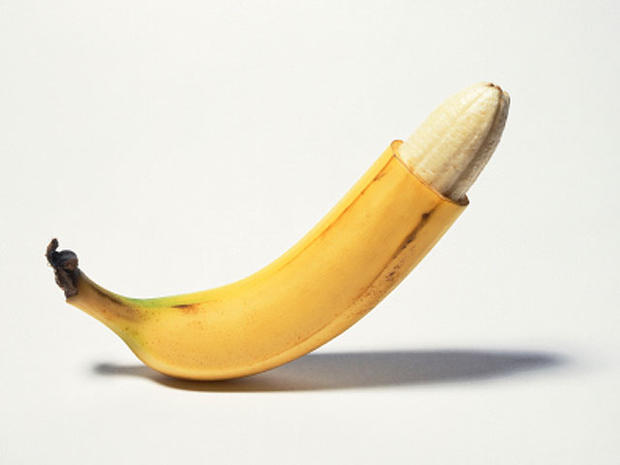Circumcision: Beneficial or genital mutilation?
(CBS) Is circumcision a key to better health for men and women - or a form of genital mutilation?
An anti-circumcision activist in San Francisco, Lloyd Schofield, goes with the latter view, saying that removing the male foreskin - a coveted ritual in Judaism and Islam - causes "excruciating pain, nerve destruction, loss of normal, natural and functional tissue, infection, disfigurement and sometimes death," according to his website, sfmgmbill.org.
Schofield is so convinced circumcision is a bad idea that he's collecting signatures to put a measure on San Francisco's fall ballot that would ban the practice there.
What do health experts say?
Men who have been circumcised have a lower risk for infection with HIV, the virus that causes AIDS, according to the Centers for Disease Control and Prevention. In addition, circumcision seems to offer some protection against genital ulcer, Chlamydia, and penile cancer.
HPV: Are circumcised men safer?
Infants do experience pain during circumcision, according to the American Academy of Pediatrics. But, the organization says, it's not significant and has no lasting effect.
As for circumcision's effects on sexual function, several studies conducted among men after adult circumcision suggest that few men report their sexual functioning is worse after circumcision. Most report either improvement or no change, according to the CDC.
"People care way too much about this little piece of skin," Dr. Mark Alanis, assistant professor obstetrics and gynecology at the Medical University of South Carolina in Charleston, who has written a history of circumcision, told the Washington Post. "At the end of the day, it's unlikely to significantly change your child's life for better or worse."
